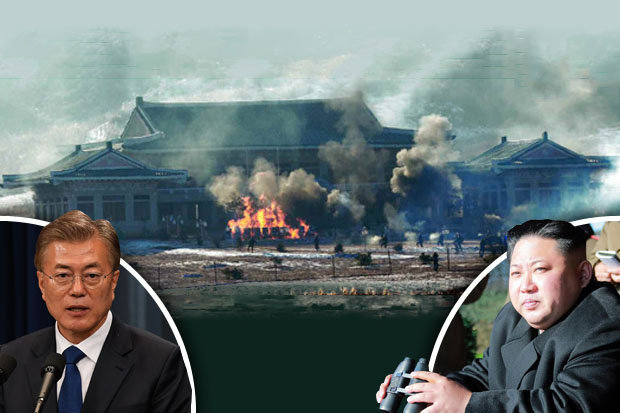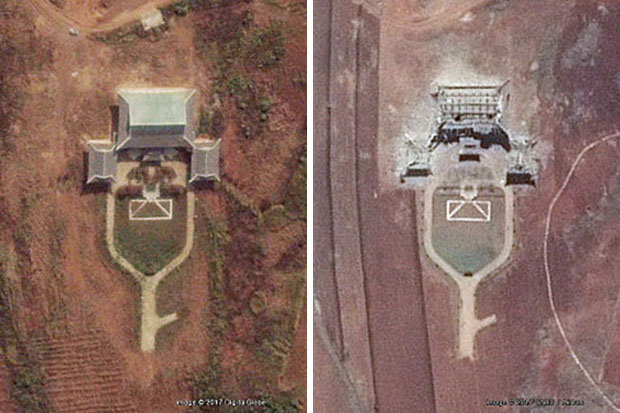While much of the campaign capitalised on public anger over the collusion between
chaebols and politicians that was exposed by the Park scandal, it also offered hints that Moon would move to calm a tense Korean peninsula.
Moon, a former student activist who was imprisoned in the 1970s for protesting against Park’s father, the former dictator Park Chung-hee, declared a decade of hardline policy towards Pyongyang a failure.
His calm demeanour and moderate rhetoric on the issue stands in sharp contrast to Donald Trump’s pugnacity. But Moon has also made it clear he will not tolerate advances in Pyongyang’s nuclear programme, warning that any attack on South Korean soil would invite a devastating military response.
Once Moon has appointed a prime minister, which requires parliamentary approval, he is expected to adopt the more conciliatory approach towards North Korea advocated by the Nobel peace prize-winner Kim Dae-jung and another former president,
Roh Moo-hyun, whom Moon served under as chief of staff.
That could mean negotiations to reopen the
Kaesong industrial complex, a symbol of intra-Korean cooperation until its closure in early 2016, and the resumption of aid shipments cut off by Park and her predecessor
Lee Myung-bak.
Conservative critics have said Pyongyang could attempt to exploit Moon’s moderation and that attempts at rapprochement could drive a wedge between
Seoul and its allies in Washington.





 .
.